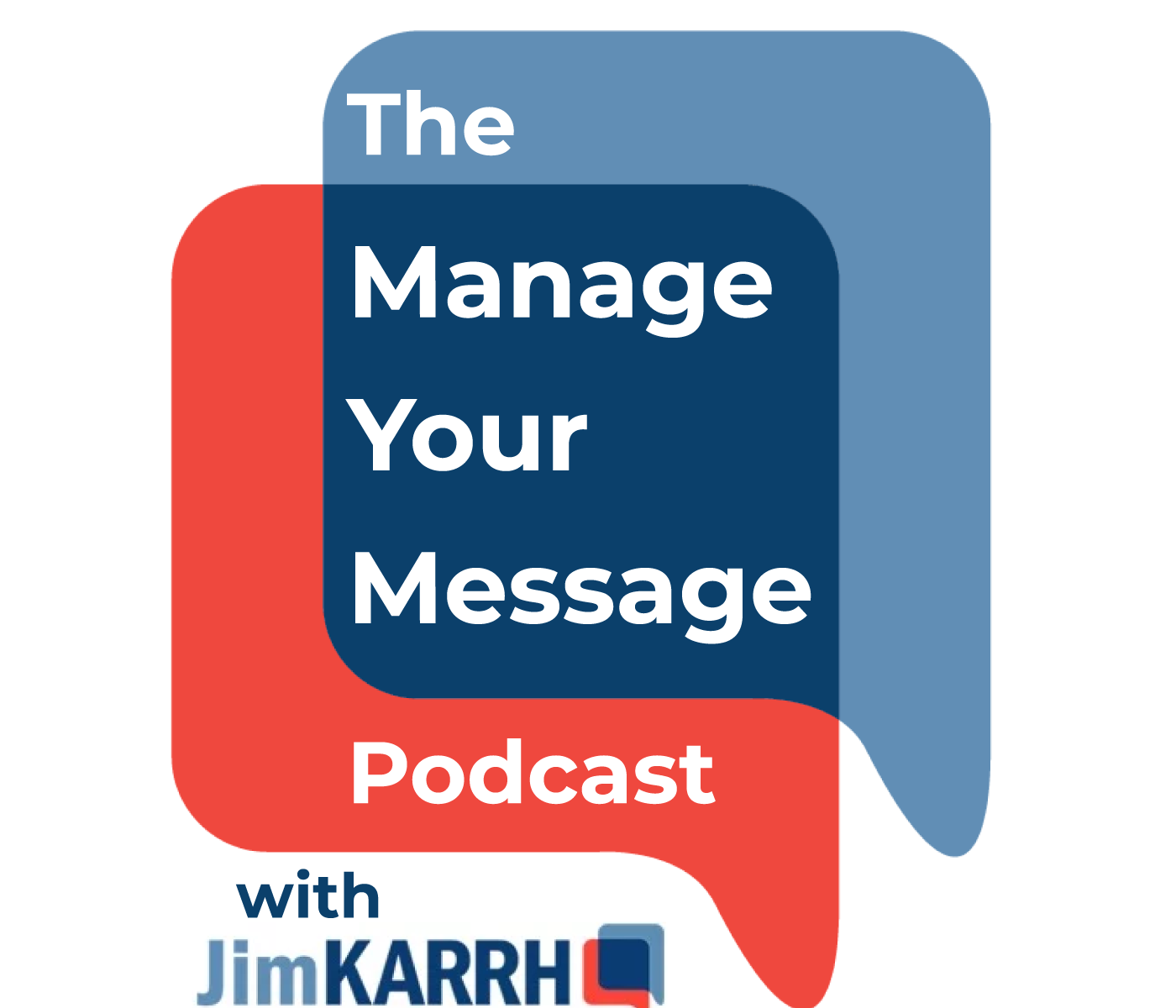
April 1, 2020
Jennifer connects with Expert Mitchell Levy, a TEDx speaker and international bestselling author of over 60 books.
Here are a few highlights from this episode:
- Having been through three multi-billion dollar acquisition experiences, I saw how the integration of cultures affects the org on how they perceive their mission and vision.
- Orgs and companies that are doing #MergersAndAcquisitions have to deal with people challenges and the integration of cultures. How do you overcome those challenges?
- Mid-market or Fortune 500 companies should think smart when it comes to #MergersAndAcquisitions in order to survive or prevent possible problems.
- The people aspect when doing #MergersAndAcquisitions must be considered, as well as how to communicate the vision, mission and values in a way that galvanizes your workforce to really get behind them.













